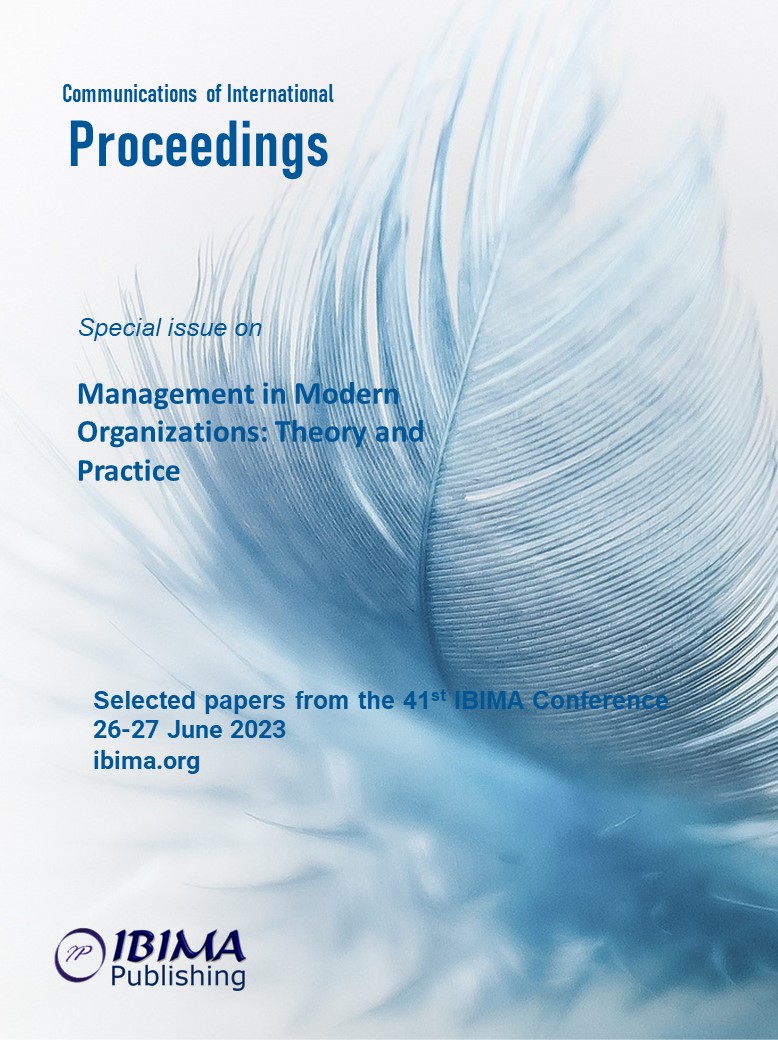
1Adelinda RAMOS, 2Shital JAYANTILAL and 3Filipe SARDO
1,2 Universidade Portucalense Infante D. Henrique, Porto, Portugal
3 Universidade da Beira Interior, Covilhã, Portugal

The 2030 Agenda for Sustainable Development seeks to promote social inclusion, environmentally responsible behavior, and economic growth at the horizon of 2030. Gender equality, in particular, has been identified as one of the primary sustainable development goals (SDGs) that nations must achieve. To meet this goal, the gradual inclusion of women in management roles is a critical measure to be taken. Opportunely, gender-related issues have been gaining increased momentum, especially within family firms, where traditional male dominance is being challenged. Known for playing a prevalent role in the global economy, family firms have generally been successful in embracing stakeholder concerns and advocating for greater diversity and inclusivity. However, the study of SDGs in family firms remains underdeveloped, with a paucity of works that systematically incorporate the nexus of gender and sustainability. This paper feeds into this discussion by presenting a systematic literature review on the dynamics of gender and sustainability in family firms, contributing to the development of knowledge in the field and supporting the sustainability of such firms and success of the 2030 Agenda for Sustainable Development. Based on the articles, our analysis reveals that gender and sustainability in family firms has been explored in connection with three main themes: performance, corporate citizenship behaviour, and succession. We call for future research to examine the aforementioned themes through diverse angles and to employ “novel” methodologies to gain a more comprehensive understanding of the intricacies of gender in the context of family firm sustainability.